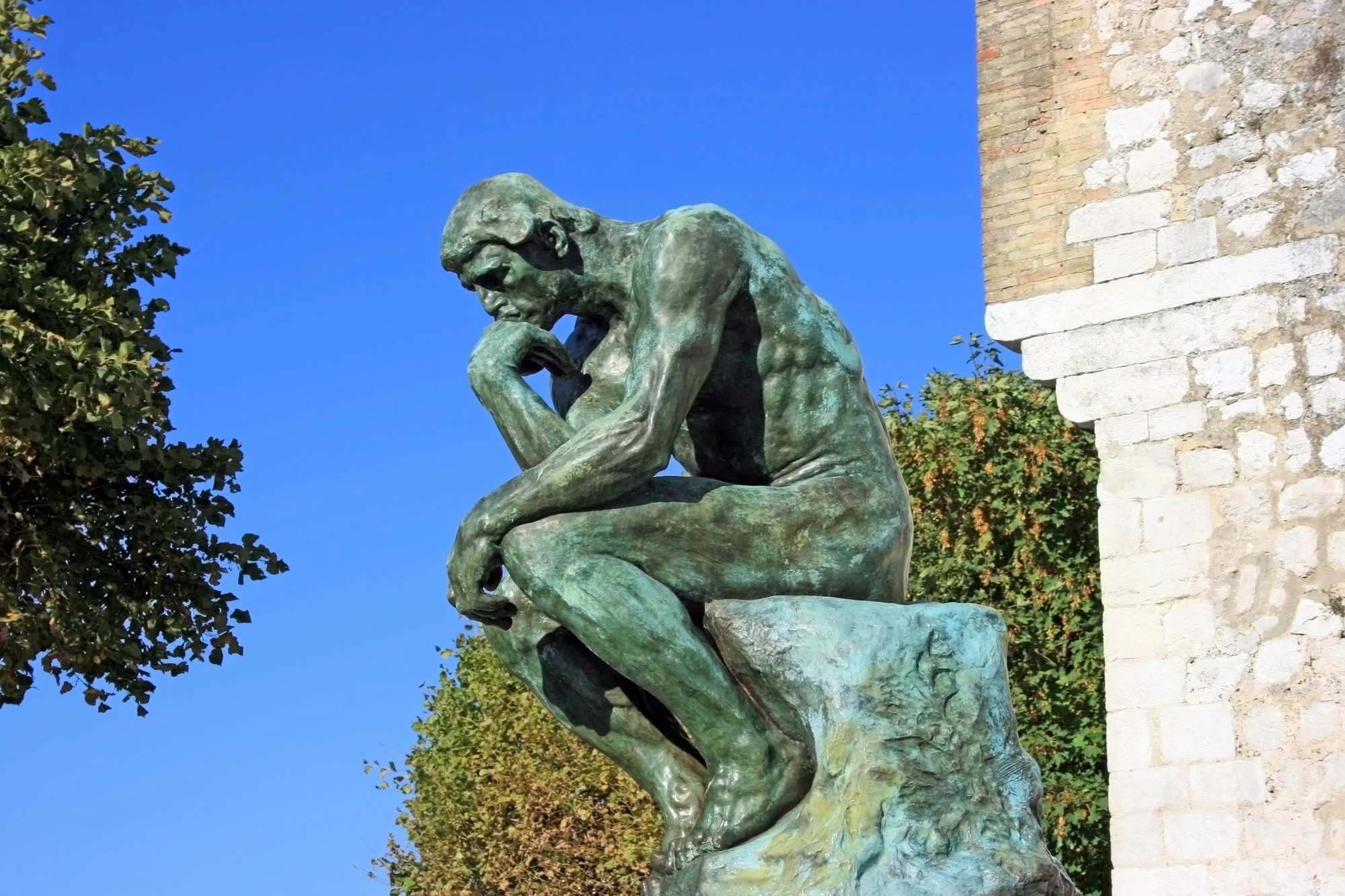Insurrection at the Capitol: Socratic Lessons on Rhetoric and Truth

In his 1877 essay The Ethics of Belief, philosopher W.K. Clifford told the story of a religiously divided community. Some members of the dominant religious group formed vicious beliefs about their rivals and started to spread those beliefs far and wide. The rumor was that the rival religious group stole children away from their parents in the dead of night for the purposes of indoctrinating them to accept all sorts of problematic religious doctrines. These rumors worked the local community into a fervor. The livelihoods and professional reputations of members of the rival group were irreparably harmed as a result of the accusations. When a committee was formed to look into the allegations, it became clear that, not only were the accusations false, the evidence that they were not true was quite easy to come by had those spreading the rumors bothered to look. The consequences for the agitating group were harsh. They were viewed by their society “not only as persons whose judgment was to be distrusted, but also as no longer to be counted honourable men.” For Clifford, the explanation for why these men were rightly viewed as dishonorable did not have to do with what their belief was, but how they had obtained it. He points out that, “[t]heir sincere convictions, instead of being honestly earned by patient inquiring, were stolen by listening to the voice of prejudice and passion.”
The January 6th attack on the U.S. Capitol Building was motivated, at least in part, by a wide range of false beliefs. Some participants were believers in the QAnon conspiracy theory which maintains that the Democratic party, led by Joe Biden, is a shell for a massive ring of pedophiles and Satanists who consume the flesh of babies. Many of these people believe that the attack on the capitol was a precursor to “The Storm” — a day of reckoning on which all of Trump’s political foes will be executed and Trump, sent by God to perform this task, will follow through on his promise to “Make America Great Again” by ridding the world of liberals. A conspiracy-based belief that all rioters seemed to share in common was that the presidential election was massively fraudulent, that democrats rigged the election in favor of Biden, and that the election had been “stolen” from the rightful winner, Donald Trump. They believed and continue to believe this despite the fact that the election has been adjudicated in the courts over 60 times, and no judge concluded that there was any evidence of voter fraud whatsoever. The basis of this commonly held belief is a series of lies Trump and his acolytes have been telling the public since November, when the results of the election became clear.
On one level, the events of January 6th are attributable to a lack of epistemic virtue on the part of the participants. The insurrection featured confirmation bias on center stage. There is no credible evidence for any of the claims that this group of people believe. Nevertheless, they are inclined to believe the things that they believe because these conspiracy theories are consistent with the beliefs and values that they had before any of this happened. When we play Monday morning quarterback (if, indeed, there ever is a Monday morning), we might conclude that the only productive path forward is to educate a citizenry that has higher epistemic standards; that is, we should do what we can to produce a citizenry that, collectively, has a more finely tuned nonsense-detector and is capable of distinguishing good evidence from bad. We should cultivate communities that have high levels of technological literacy, in which people know that the fact that an idea pops up on a YouTube video or a Twitter feed doesn’t make it true.
That said, placing the blame for false beliefs too firmly on the shoulders of those who hold them may be misguided. Such an approach assumes doxastic volunteerism — the idea that we have control over what it is that we believe. If a person, even the smartest person, is living in an epistemic environment in which they are perpetually exposed to brainwashing and propaganda, it might actually be pretty surprising if they didn’t come to believe what they are being actively coerced into believing.
This is not a new problem — in fact, it’s as old as philosophy itself. In many of Plato’s dialogues, Socrates — Plato’s teacher and the main character in his work — is quite critical of those who teach, study, and practice rhetoric. It was a common practice at that time for fathers to send their sons to study rhetoric from a Sophist, a person who was skilled in the ability to “make the weaker argument the stronger.” Students who undertake this course of study learn the art of persuasion. Having these skills makes a person more likely to get what they want in business, in the courts, and in social life. Strong rhetorical skills reliably lead to power.
It may appear as if, when Athenian fathers sent their children to study rhetoric, they were sending them to learn to construct strong arguments. This was not the case. Arguments raised by rhetoricians need not be strong in the logical sense — they need not have premises that support conclusions — they need only to be persuasive. As the Sophist Gorgias puts it in Plato’s dialogue of the same name, “For the rhetorician can speak against all men and upon any subject. In short, he can persuade the multitude better than any other man of anything which he pleases.” A strong rhetorician, faced with an audience already primed to believe conspiracy theories and propaganda, can manipulate those inclinations with great flourish and toward great danger.
So, on another level, perhaps we should place the blame for the insurrection firmly on the feet of the politicians who knowingly used the rhetoric of conspiracy theories to gain power and popularity with their vulnerable constituents. These politicians knew they were playing with fire. Terrorist attacks perpetrated by right-wing extremists like Timothy McVey are part of our country’s collective consciousness. Yet they poked the bear anyway, over and over, benefiting from doing so in the form of both money and power. These politicians fuel the fire of ignorance about more topics than voter fraud or Satanic pedophile rings; they also use rhetoric to manipulate people on topics like anthropogenic climate change and the seriousness of COVID-19. As Socrates says, “The rhetorician need not know the truth about things, he has only to discover some way of persuading the ignorant that he has more knowledge than those who know.” It may do no harm and may actually do some real good to cultivate a citizenry that has strong critical thinking skills, but we’ll never fix the problem until we get rid of politicians who use rhetorical tools to manipulate. We have to start holding them accountable.
Near the end of the Gorgias, Socrates debates with Callicles, who argues that a good life is a life in which a person pursues their own pleasure, holding nothing back. In a Nietzschean fashion, he argues that restrictions on power are just social conventions used by the weak masses to keep the strong in check. He insists that the strong should rightly rule over the weak. Using rhetoric to manipulate others is just one way of pursuing pleasure through the use of one’s strengths. The strong should not be prevented from pursuing their best life.
Socrates has a different view of what constitutes the good life. If a person goes searching for this kind of life, they should search after truth and justice. They shouldn’t study manipulation; they should study philosophy. Our goal should never be to make the weaker argument the stronger; we should commit to seeking out the stronger argument to begin with.
If history is any indication, this suggestion is nothing but doe-eyed optimism. Callicles would call it childish. He thought that studying philosophy was noble in youth, but that adult human beings should be more realistic about human nature. As a practical matter, perhaps he was right — after all the Athenians grew tired of Socrates’ influence on the youth of Athens and sentenced him to die by drinking hemlock. As a matter of principle, Socrates is the martyr for the life lived in pursuit of truth and justice and we should all strive to do the same ourselves and to do what we can to hold our politicians to the same standard. After all, there was a reason that politicians in Athens were afraid of Socrates.




